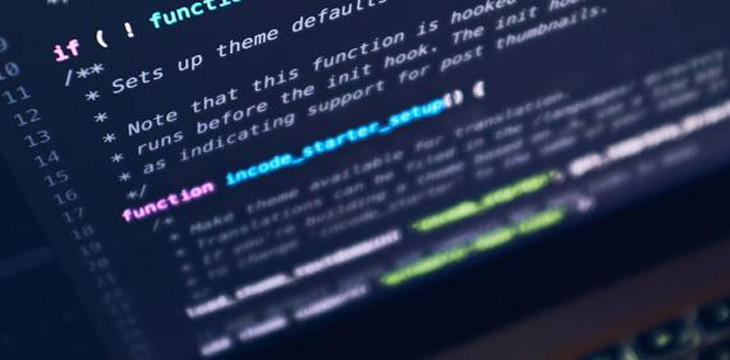|
Getting your Trinity Audio player ready...
|
A Japanese court has acquitted a website owner who operated a cryptojacking malware on his website. The 31-year-old man turned to cryptojacking as a source of revenue for his website last year. However, he didn’t notify the site’s visitors that their computer power was being used to mine cryptos. According to the prosecutors, this spiked the visitors’ electricity bill.
However, in its ruling, the Yokohama court stated that punishing the man would be excessive. The Coinhive program the man used can’t be considered a computer virus. The presiding judge, Toshihiro Homma, said that the action wasn’t bad enough to warrant punishment. “His action “does not constitute a crime as we cannot say embedding the program was socially unacceptable,” he stated.
The prosecutors had pushed for at least a 100,000 yen fine ($906) for the offence. Having embedded the program, he should have informed his visitors, they argued. However, the man’s defense countered saying that the accused meant no harm. He was just trying to make some extra revenue from his site. He never did, or intended to cause any harm to his visitors or to leak their information.
While the court acquitted the man, it recognized that the cryptojacking program had an impact on the visitors’ electricity usage. However, it was a minor impact at best, the court determined.
The Yokohama District Public Prosecutor’s Office said that it would study the ruling.
The accused was just one of the many website owners who have switched to cryptojacking to earn revenue from their sites. Cryptojacking programs allow a website owner to mine cryptos using the computing power of the site’s visitor. The crypto most preferred is Monero. Coinhive, which the accused was running, is the most popular cryptojacking program in the market.
However, despite the method sounding lucrative and stress-free, the market hasn’t been all that great. Regulators all across the world have sought to crack down on cryptojacking programs. The fact that some hackers have used them unlawfully on other people’s websites, including government websites, hasn’t helped their case.
Market leader Coinhive called it quits in late February, citing the drop in Monero price and malicious use. All its users were advised to withdraw any cryptos they had by the end of April. Therefore, if the Japanese man had made any Monero from his cryptojacking project, he has one month to cash out.

 03-04-2026
03-04-2026 




